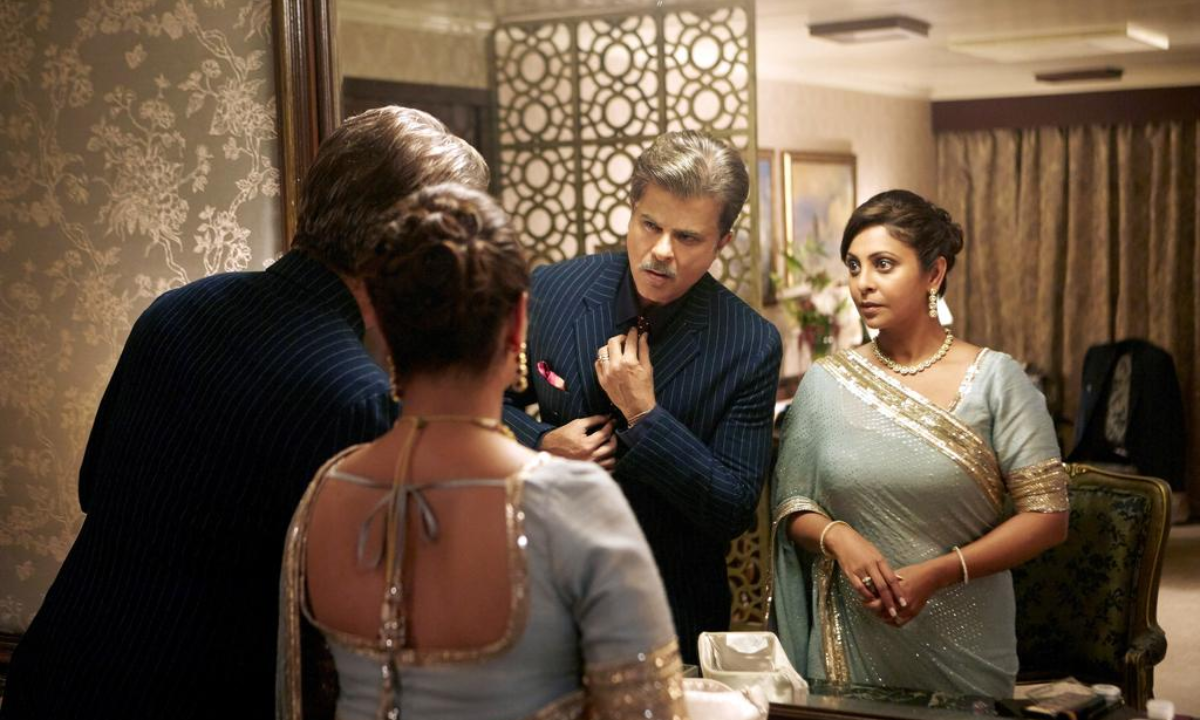Romantic Partnerships Impact Your Goals And Behaviour, Says A Study. So Choose Wisely

When Eat Pray Love was released, I was junk food and junk love-oriented teen, staying up all night, partying like there’s no tomorrow. I remember finding the movie to be a bit too slow for my preference. This weekend, I got to thinking that maybe with the emotional maturity I have today, I will be able to pick the true essence of the film, and oh boy, I did. I watched it over a period of three days (I tend to binge-watch series and watch movies in installments.) And what was truly fascinating is how you and your life change with different partners.
Liz (Julia Roberts) was married to a guy who seemed a little too narcissistic to me and someone who lacked the emotional depth that she needed. During her course with him, she was making a successful career and travelling the world, but spiritually and emotionally, she was getting emptier. He avoided conflict, avoided any discussion on emotions and so did she. Next, she dated this cute actor, David and even her friends point out that earlier she used to dress in sync with her husband, and now she has started to dress like him. It is with David that she felt encouraged to seek spirituality and she became more expressive of her feelings. They argued a lot – both David and Liz but she decided this isn’t what she wanted to become. Finally, she met Felipe in Bali, and they both encouraged each other to be emotionally raw and heal. They both sought healing and balance in their lives. But he believed in loving with his heart unguarded and eventually, Liz learnt too. They got on the same page as both their goals collided and synchronised.
https://www.instagram.com/p/CE_le2rgegl/
Do we really become like our partners? Do we end up pursuing and avoiding the same things? A study proved that we actually do. If you are dating a guy who is emotionally reckless and doesn’t believe in picking battles, you will find yourself becoming that person. Similarly, a guy who is emotionally stagnant will limit your growth too. But a guy who is ambitious, productive, and likes to love with an open heart will help you in your journey. The study by the University of Basel said, “Over the long-term, what one partner in a two-person relationship wishes to avoid, so too does the other partner — and what one wants to achieve, so does the other. These effects can be observed regardless of gender, age and length of the relationship, as researchers report in a study of more than 450 couples.”
https://www.instagram.com/p/CEw8I8pgYWU/
Your relationship and life goals are affected by your partner and here’s how. “The research team from the University of Basel’s Faculty of Psychology wanted to examine the short- and long-term interdependence of approach goals and avoidance goals within couples. The participants reported whether they had tried to avoid conflicts or share meaningful experiences with their partner that day. This was followed by an analysis of how the information affected the goals of the partner,” says the study, as reported by Science Daily.
The study analysed the relationships of millennials. “The goals of each person were recorded daily over the course of two 14-day measurement periods at an interval of 10 to 12 months; 456 male-female couples took part. The average age of the participants was just under 34 years old, and the average relationship length was almost 10 years. The study appeared in the latest issue of The Journal of Gerontology,” says Science Daily.
ALSO READ:5 Reasons Why You Shouldn’t Have To Pretend To Be Easy Going To Please Him
However, it can take a long time for these effects to show – for good or for worse. “It was notable that the daily goals of one partner — which can change — mainly coincided with the medium- and longer-term goal trends of the other partner. It therefore takes several days to months for the long-term relationship goals of one partner to have an impact on the goals of the other,” the study reads. This can also be a way to positively stabilise a relationship and achieve longterm progress. “This could be an adaptive mechanism to maintain the stability of the relationship,” says first author Professor Jana Nikitin, “by not being influenced by every momentary shift made by the partner.”

















